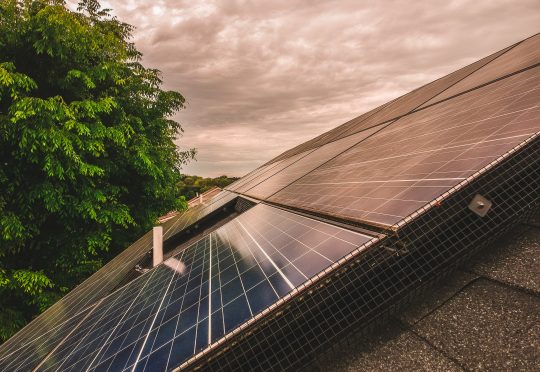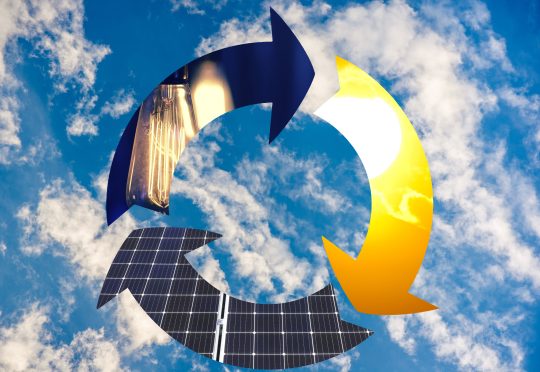
Since 2006, homeowners who decided to go solar have been eligible to benefit from the solar investment tax credit. With the Federal Government’s Inflation Reduction Act of 2022, home solar energy became even more appealing. This law brings a robust extension and expansion to the Residential Clean Energy Credit—or Solar Investment Tax Credit (ITC). The ITC raises your credit against income tax from 26% to 30%, maintaining this rate through 2032 rather than phasing it out as previously scheduled. Plus, individuals who purchased residential systems in 2022 can enjoy retroactive tax savings.
What You Need to Know About the Solar Tax Credit
1. Extended and Increased
On August 16th 2022, President Biden signed The Reduction Act of 2022 into law. This bill extends the Federal Investment Tax Credit until 2034 and its value increases to for residential solar installations until 2032. After that, the credit drops to 26% in 2033 and 22% in 2034.
2. Maximize Installation
An important detail to note is that there is no maximum when it comes to your solar project, so it’s a good idea to maximize installation for any potential solar needs down the road.
3. Claim Retroactively
Don’t miss out on the solar savings if you’ve already gone green! A provision in an updated bill allows for anyone who switched to residential solar power this year prior to its passing date, a chance at claiming back 30% of their expenses with a retroactive tax credit. Make sure to take advantage of savings if you haven’t already!
4. Battery Storage
Homeowners’ worries of losing out on the solar credit have been laid to rest with this new bill, now allowing homeowners to use the 30% IRS tax credit for energy storage solutions not only in addition to their home solar array installation, but even after its set up! So if you’ve been wondering when batteries would become a viable option – reap the benefits of an extended deadline.
Who Can Claim the Solar Tax Credit?
All taxpayers, regardless of their income or filing status, have access to a great tax benefit for their primary and secondary residences located in the United States. This incredible offering can be used by those who itemize deductions as well as take the standard deduction – making it accessible no matter what your financial situation is. If you have further questions on eligibility, be sure to check with your accountant.
In general, the following are qualifications that need to be met in order to claim your solar tax credit:
- The solar system is new and operational for the first time.
- Installation date falls between January 1st, 2022 and December 31st, 2032,.
- You aren’t leasing the system and haven’t signed a PPA.
- The system is in place on your primary or secondary home in the United States
How do I Claim the Credit?
If you’re eligible to receive the tax credit, your next step will be completing Form 5695 with your tax return for the tax period during which your solar system was installed and operational.
Expenses Included in the Federal Solar Tax Credit
To make sure you’re set for success when it comes to the federal solar tax credit, these specific expenses are included:
- Sales tax on any associated expenses
- Energy storage devices included on your panels
- Cost of solar panel cells
- Cost of labor and installation
- Additional equipment such as inverters, writing, etc.
How Does the Federal Tax Credit Work with Other Solar Credits?
Solar incentives from both federal and state governments can be combined to maximize savings. Just make sure you are meeting all the necessary criteria for eligibility – which may vary depending on where you live.
Final Thoughts
You may be asking yourself – is solar worth it? From most perspectives, there is no time like the present to make the decision to go solar. There are several factors to consider when determining if solar is the best choice for your home, but it’s important to note that these credits won’t last forever. Take advantage while you can and get connected with a solar installer today.
FAQ
Can I claim the tax credit if I meet requirements but am not a homeowner?
Yes, you do not necessarily have to be a homeowner to claim the tax credit. However, only under very specific circumstances such as being a tenant-stockholder. You cannot claim a tax credit if you are renting and your landlord installs a solar system, since it must be the owner themselves that claims the credit.
Can I claim the solar tax credit more than once?
No, you can only claim the solar tax credit once for your solar panel system.


